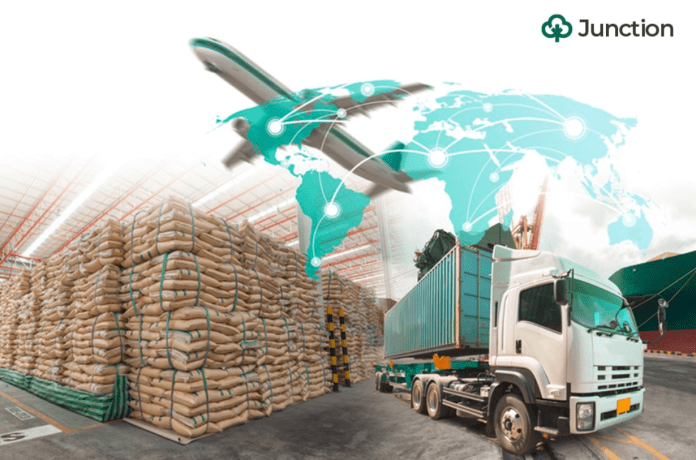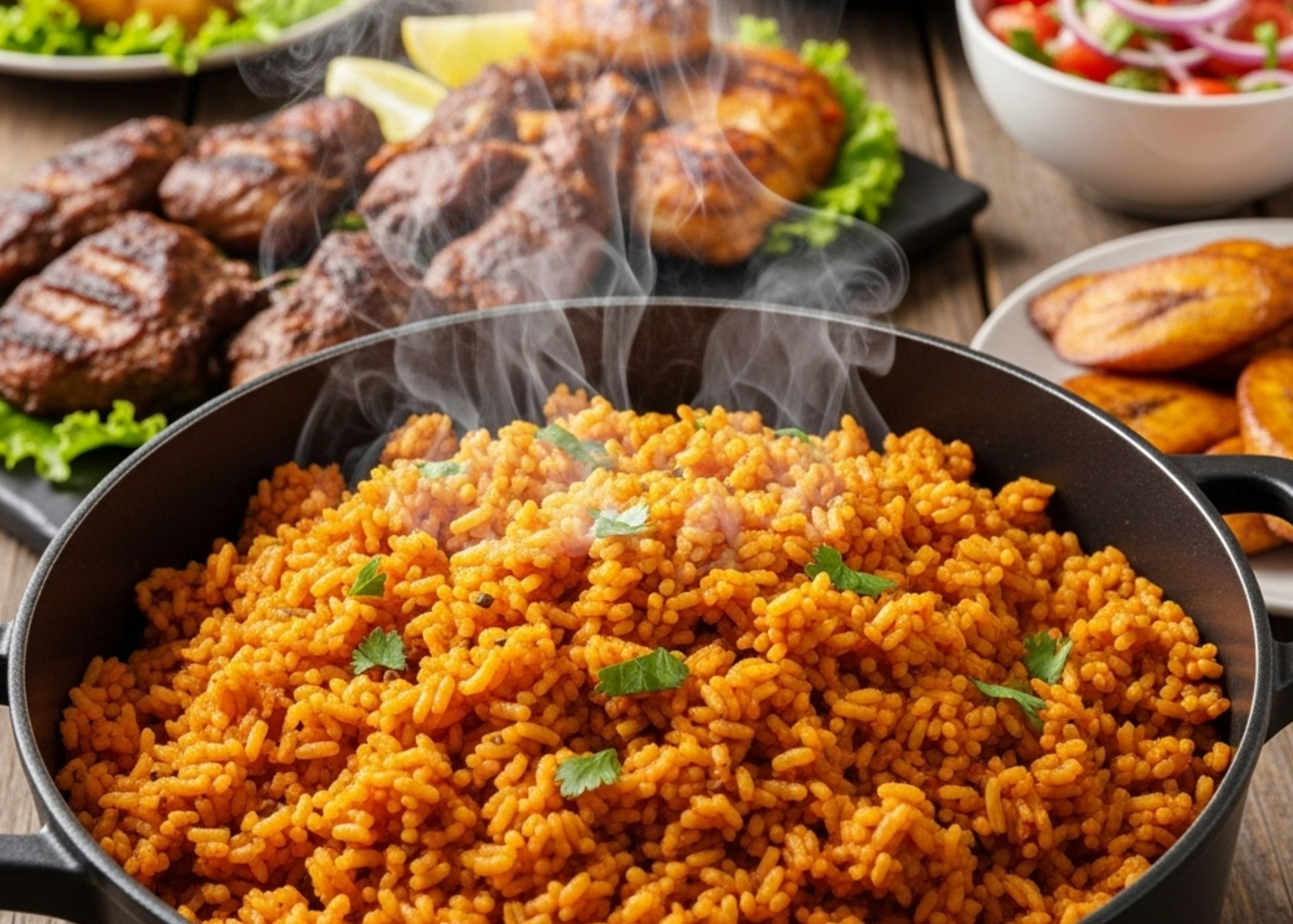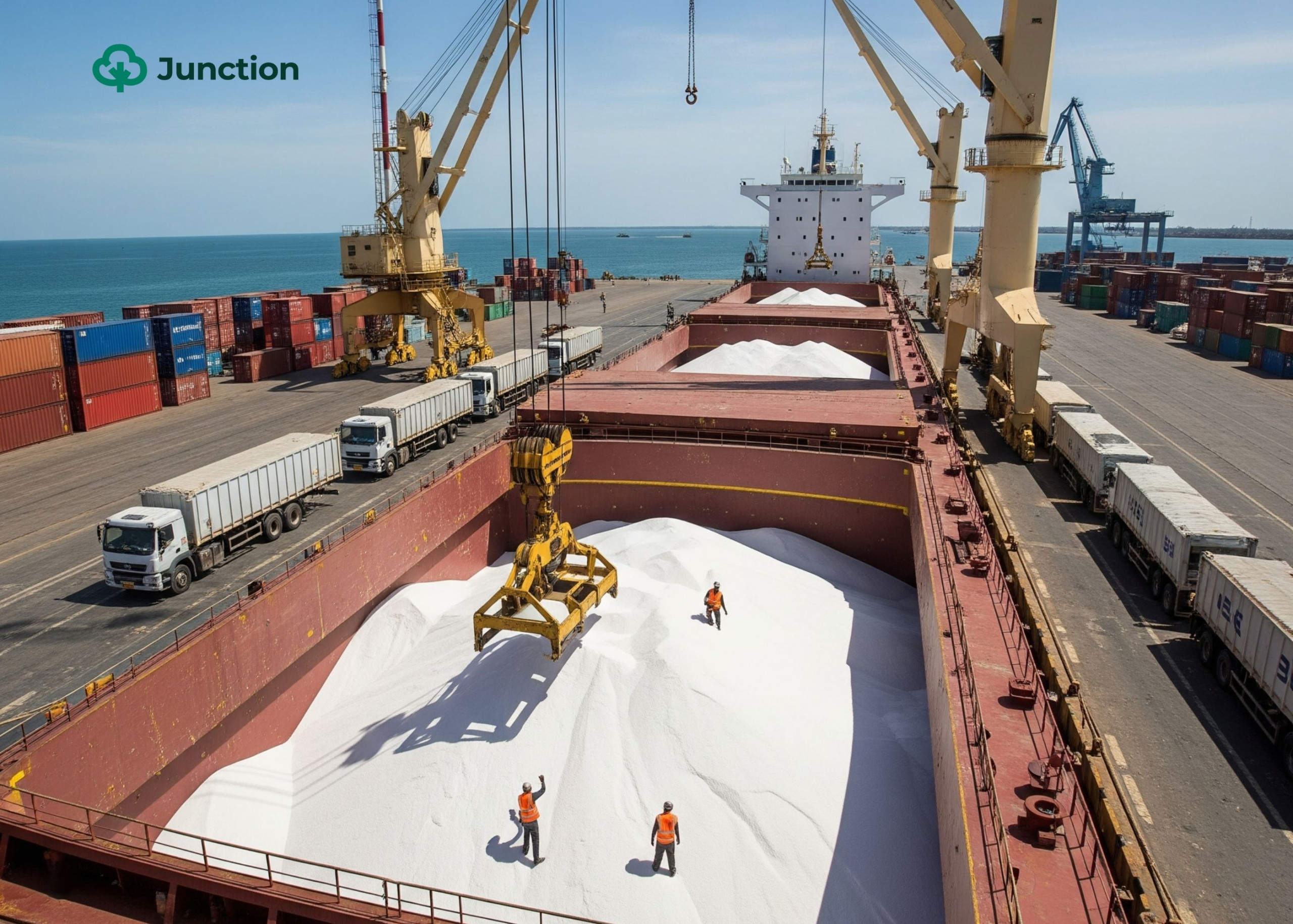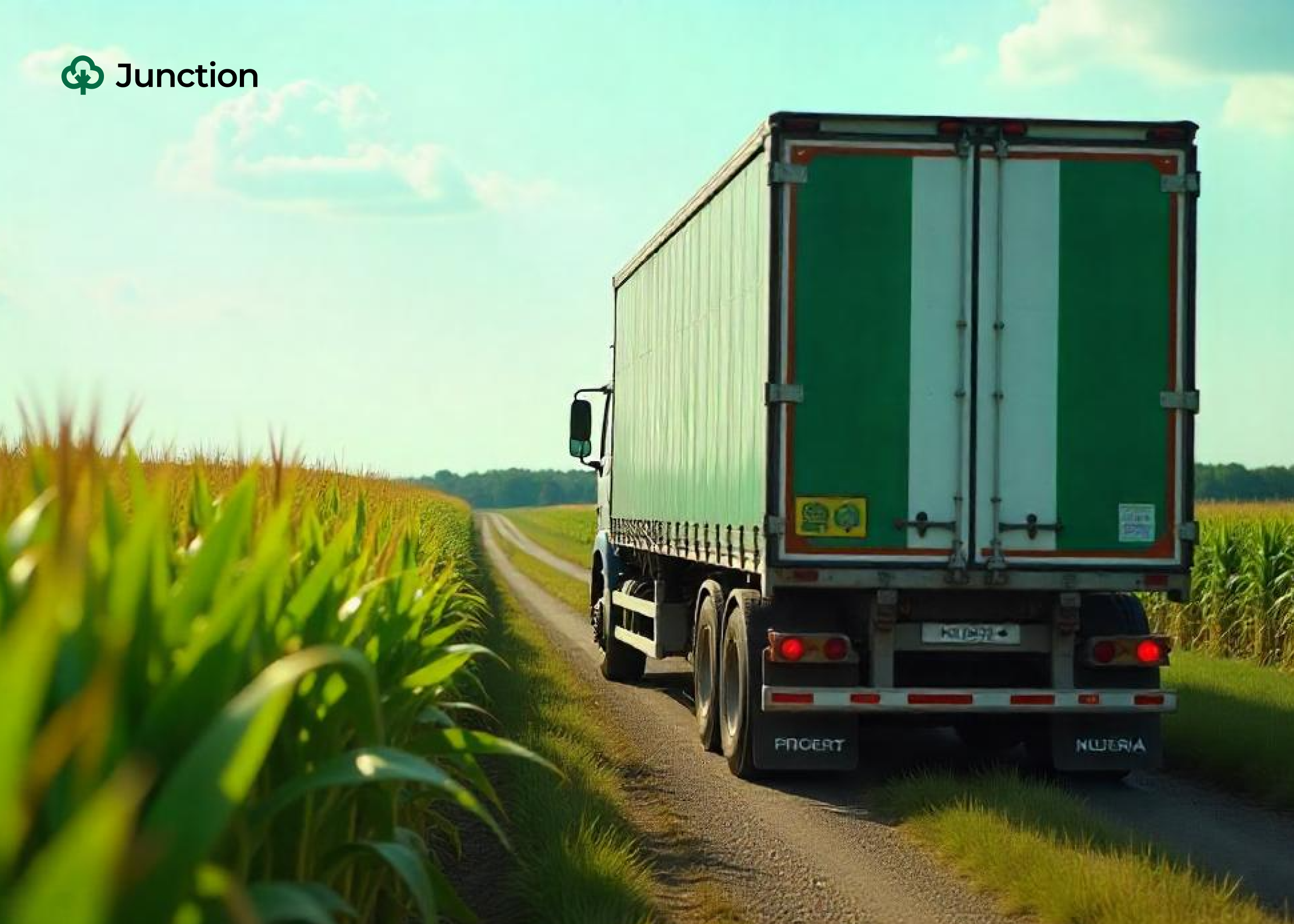Questions answered here: - What is backward integration and how can it reduce Nigeria's dependency on food imports? - What perennial issues plague the Nigeria agriculture sector? - What is the impact of food importation on Nigeria's economy?
Research shows Nigeria’s penchant for imported food has grown astronomically in recent decades. According to available data from the National Bureau of Statistics (NBS), the food and beverages import bill increased by over 300% from â¦â636.5 billion in 2010 to â¦â2.92 trillion in 2022. A cursory look at the data shows that imported food and beverages spread across live animals and animal products, vegetable products, vegetable fats and oils and other cleavage products, and prepared foodstuffs and beverages.
There is no overarching reason for Nigeria’s growing food imports. The growing food importation is primarily attributable to rising population pressure, low crop yields, seasonality in rainfed agriculture and limited access to technology.
Of course, it is crucial to note that food importation is not a curse, as many may have made you believe. The U.K. imports around 46 per cent of the total food it consumes. It also relies on imports and its agricultural sector to feed its population and drive economic growth. However, the difference is that Nigeria is predominantly still an agrarian society. The industry accounts for 26% of the country’s GDP and over 40% of the labour force.

There have been several efforts to transform the sector, including through backward integration. Backward integration means local sourcing of raw materials as an import substitution policy. Nigeria’s backward integration agenda is a deliberate strategic government policy aimed at conserving foreign exchange, boosting local capacity, creating jobs, enhancing skill acquisition and ensuring less emphasis is placed on imported raw materials.
As we explain in this article, the rising food import is a source of leakage with long lasting spill-over impacts.
The perennial issues facing the sector still subsists
Over time, Africa’s largest economy depended on goods and luxuries imported from other countries to feed its population. Despite the large labour workforce, food importation increased. Brazil, China, the United States, Ireland, and India as the top import partners. Some identified factors are discussed below:
Population pressure amidst low productivity
Rising population pressure remains one of the underlining risks of food insecurity. Nigeria’s population grows at an average rate of 2.5% annually and is predicted to cross 260 million people by 2030. The rising population growth is met with declining productivity in the agriculture sector, insufficient enough to meet the growing food demands. According to the Intergovernmental Panel on Climate Change (IPCC 2022) report, productivity in the country’s agriculture sector has declined by over 34% in the past decades due to climate change.
Meanwhile, as the population grows, net food imports to Nigeria are expected to triple over the next few years.

Value addition and supply-chain linkages
The absence of value addition and supply chain affects Nigeria’s food production. The chain reaction that arises from shortages of resources, lack of financing for small-scale farmers and poor transport systems worsens the development of food production along with value addition and supply chain. In addition, the level of Nigeria’s agricultural mechanisation is among the lowest globally.
Insecurity
Several insecurities issues, including the farmer-herder crisis, communal crisis, and kidnapping, are impacting Nigeria’s agric sector. The rising spate of insecurity continues to hamper food production, exacerbating further pressures on imports. Widespread insecurity and higher prices of farm inputs in the country are shrinking the number of hectares put to food cultivation, which will continue to affect productivity.
Natural disasters
The Cadre Harmonisé, a government-led and UN-supported food and nutrition analysis revealed nearly 25 million Nigerians are at risk of facing severe hunger between June and August 2023 (lean season) unless corrective steps are taken urgently.
Likewise, the widespread flooding in the 2022 rainy season damaged more than 676,000 hectares of farmlands, washed off plantations, reduced harvests and increased the risk of food insecurity for families across the country.
Impact of food import is multifaceted
Foreign Exchange Pressure
Importation remains a major pressure point for Nigeria’s foreign exchange (FX) challenges. A food import bill of â¦â3 trillion implies that an estimated US$6.5 billion foreign exchange is required annually to offset food imports. Given the current FX backlog of over $2 billion, the exacerbated pressure from food import will continue to worsen the FX situation in the country.
Inflation
One damage food importation does to an economy like Nigeria is through its indirect impact on domestic prices. Typically, the importation of food raw materials and intermediate inputs implies that the international prices of the items will influence consumer goods.

The International Monetary Fund (IMF) recently estimated that a 1 per cent increase in the consumption share of staple food raises the local price by an average 0.7 per cent; the effect is even bigger when a staple is mainly imported, raising the price by about 1.2 per cent. According to the IMF, when a country’s net import dependence increases by 1 per cent, the local real cost of a highly imported staple is expected to increase by an additional 0.2 per cent.
With the Russian-Ukraine war worsening global food prices, increased importation will remain an important pass-through for inflation pressure in Nigeria (currently at 21.8%).
Can backward integration rescue Nigeria from food import dependency?
One of the effective ways countries have transformed the agricultural sectors in recent years is backward integration. Without gain saying, the transformation of the agricultural sector can create jobs, reduce malnutrition, raise incomes and kick-start the economy. For instance, Brazil, Vietnam and China have made giant strides in transforming their agricultural sectors by doubling the value of their agriculture GDP within 20 years. Many African countries like Nigeria were earlier on the path of transformation than these countries. However, progress has been slow or stalled. Evidence has shown that navigating the complexity of a transformation is not always easy.
Over the last two decades, Brazil has consolidated its position as a major producer of food products and other agricultural commodities. Today, Brazil is now a top-5 producer of 34 commodities and is the largest net exporter in the world. Factors driving Brazil’s transformation in the agriculture sector include efforts to increase yields locally, large investments in production technologies to develop crop and forage varieties, and expansion of the arable land base.
In Nigeria, the transformation effort to substitute food importation yields little result. For instance, two notable examples of the Backward Integration Policy (BIP) Nigeria is successfully pursuing so far are the sugar and flour industries. Still, there are concerns that the current backwards integration effort is instead creating more unwieldy, extremely profitable monopolistic enterprises. Also, BIP for several agro-food products is mainly unsuccessful, with the gaps being met by imports.
What to do: four key elements
1. Implementing a full-blown focused backward integration
To develop Nigeria’s agriculture sector, there is a need to implement a full-blown backward integration agenda across product lines, devoid of empowering large-scale enterprises. Backwards integration can help improve supply chain disruptions and production efficiency. It can drive down the cost of inputs by increasing competition and reduce import costs. Also, it provides a better understanding of local market dynamics.
2. Investments in Research & Development
While implementing the backward integration policy, research and development (R&D) investment must be prioritised. As reflected in Brazil’s case, investing in R&D to improve crop yields, productivity, land etc must be prioritised by all stakeholders.
In 2023, the Federal Government proposed a â¦â228.4 billion budget for the agriculture sector. This is less than 2 per cent of the national budget and the 10 per cent that the Maputo Declaration of 2003 required for agriculture.
3. Scaling innovation and technology
The level of Nigeria’s agricultural mechanisation is among the lowest globally. Scaling innovation and technology must be top of the agenda in chasing a full-blown backwards integration. Nigeria has been unable to keep up with modern innovations in mechanised farming. As a result, Africa’s largest economy lags behind other countries’ high-quality goods for exports.
In 2017, Nigeria’s minister of agriculture, Audu Ogbeh, allegedy claimed that the United States rejected yam exports from Nigeria because of their poor quality. Although an alleged exporter later disputed the credibility of the claim, some other sources said the government failed to make proper consultations before engaging in the venture, leading to the incident.
Also, while developing this piece, research showed that Nigeria’s yam export to countries like the U.K. is low. The country exports most yams to Ghana and Jamaica, instead.
Through research and innovation, Brazil has achieved a significant production increase with a minimal increase in the agricultural area. Seed technology, cutting-edge machinery, crop rotation, double cropping and precision agriculture to improve output and efficiency. Brazil is now the largest producer and exporter of beef in the world. In addition, the country currently ranks first for global soy production and exports and chicken exports. Brazil’s main crops and livestock include cotton, corn, pork, milk, sugarcane and coffee.
4. Addressing the Insecurity Agenda
As earlier stated, addressing security challenges in the agricultural sector is a prerequisite for growing the agricultural sector in Nigeria. Securing farmers, farms, and properties is an essential incentive for investors and must be a priority.



